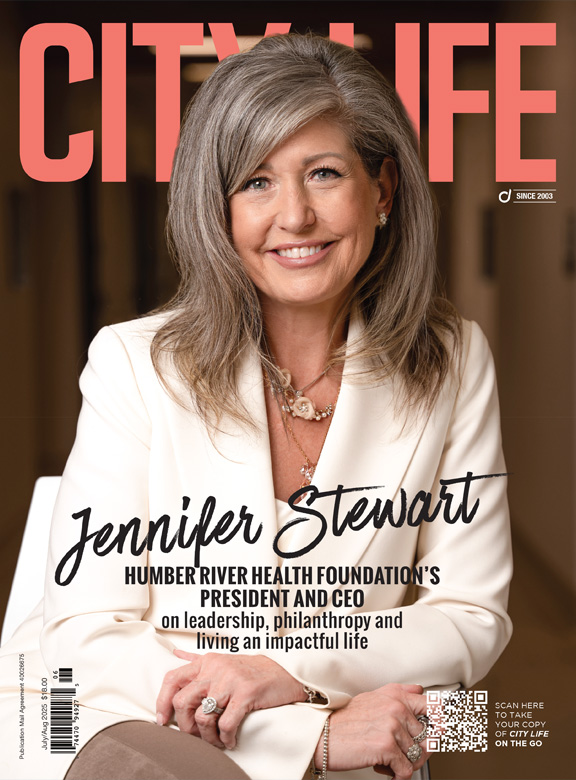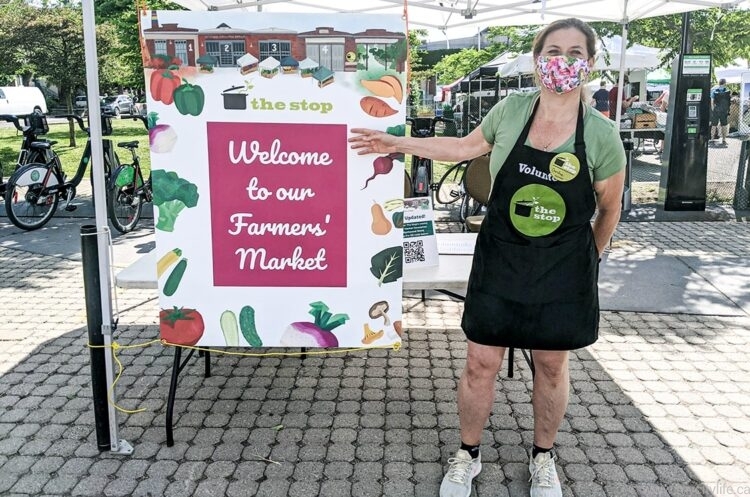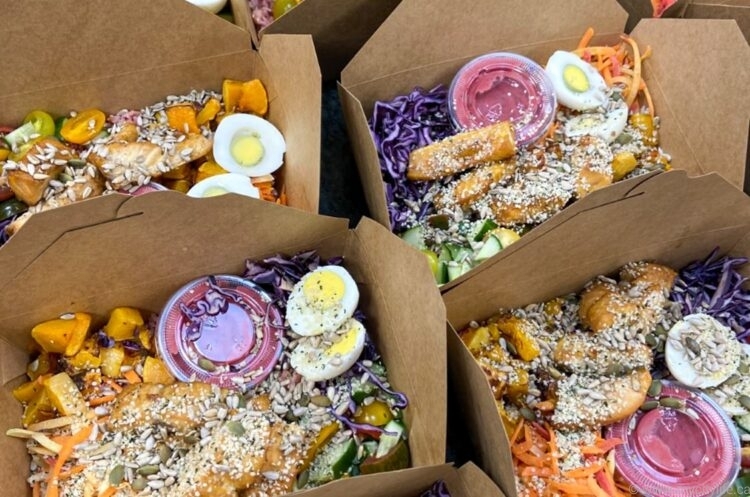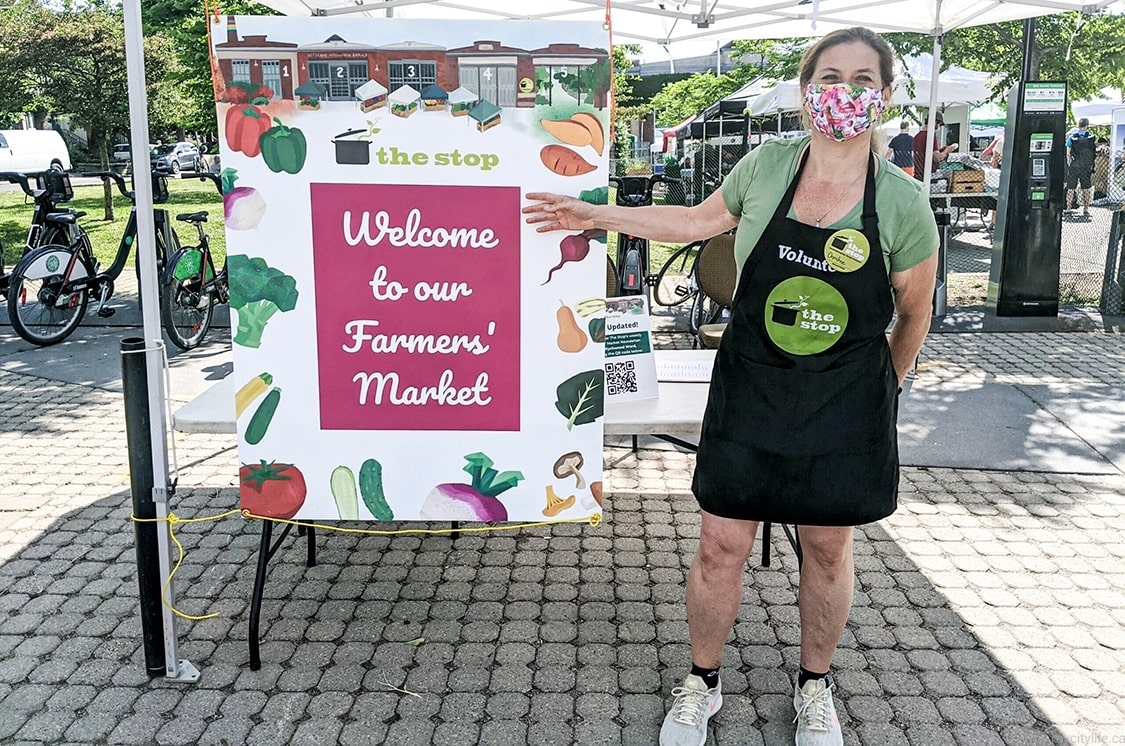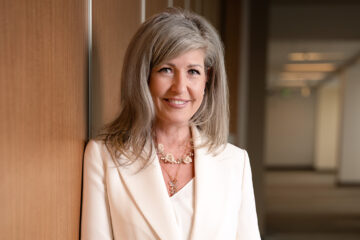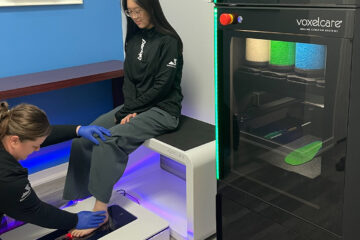Maria Rio: The Stop: Community Starts Here
In a little church near Kensington Market, almost 40 years ago, The Stop opened its doors to welcome, well, anyone who needed food. Its mission was to feed hungry people in the community. The location (actually, three of them now) is different. But, the mission hasn’t changed — it just keeps growing and evolving to serve the community.
True or false: The Stop served more than 75,000 meals last year, which is more than 400 a day. It’s a true story. And, in addition to food access, programs like Healthy Beginnings for new moms have been added, and urban agriculture is a big part of it now. The Stop halts at nothing, not even a pandemic. “The last two years have been, of course, very, very difficult,” says Maria Rio, director of development and communications. “And a lot of our programs, we’ve had to completely change how we deliver them.”
Like many other organizations, The Stop had to pivot. Instead of a store-like setup with people coming in to choose food and items, food hampers and take-away meals are assembled for pickup. Just over a year ago, they opened another location as a drop-in centre for community members. As for the hampers, the reach is huge. “When you come to our food bank, you might be picking up the hamper, but your file represents a family of one to nine people,” says Rio. “We actually don’t keep track of who’s accessing our drop-in services because some of our community members might be wary.” Some people might not have ID, as they may be experiencing homelessness, for instance.
The Stop wants people to know that they’re there and they’re not going anywhere. Yes, they are an antipoverty organization, but The Stop also advocates for larger issues, addressing systemic problems and helping people advocate for themselves. At the same time, they’re building community, too, running a tax clinic for people who can’t speak English, for example, helping people who don’t have Internet access or people with mobility issues who can’t leave their homes right now. “We launched a pilot program last year for food bank delivery of hampers that we are going to continue because we see the need,” she adds.
The Stop relies on donations from community members who are able to share. And, if you do want to help, the best way is to donate money, says Rio, as food expenses have increased. “This way, we’re able to purchase in bulk,” she says. “We’re able to purchase culturally appropriate foods that make sense for our community members. We’re able to pivot our programming and buy PPE.” It gives the organization a lot more flexibility in such uncertain times, she says, especially since they can’t hold fundraising events like they used to.
Rio is proud of The Stop, their volunteers and their commitment, especially now. “At one point, success was just being open to make sure that we could be there for our community members,” she says. But, they’ve gone above and beyond that, setting up WhatsApp groups for community members and calling people on the phone just to check in and chat. One staff member picked up a senior, a Portuguese woman who doesn’t speak English, to bring her to their vaccine clinic.
The last word from Rio is humbling, because this is where it all starts. “Food is a human right…everyone deserves access to healthy, nutritious and culturally appropriate food,” she says. “And, we’re just trying to make sure that people have that.”
INTERVIEW BY ESTELLE ZENTIL
